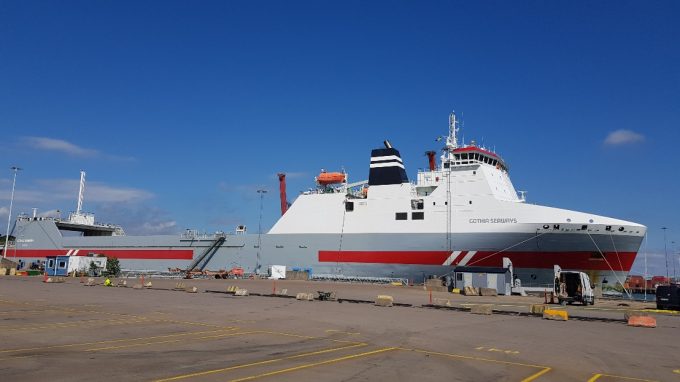Rethink your supply chain with PortPlus+: A smarter approach to complexity
The UK economy faces persistent headwinds, with weak growth forecasts, geopolitical instability, and evolving trade ...

DFDS is set to inject further capacity into UK-continental Europe supply chains on 1 June, when its launches an unaccompanied ro-ro service between the port of Sheerness, on the juncture of the Thames and Medway rivers, and Calais.
The daily service, one sailing in each direction, ...


Comment on this article